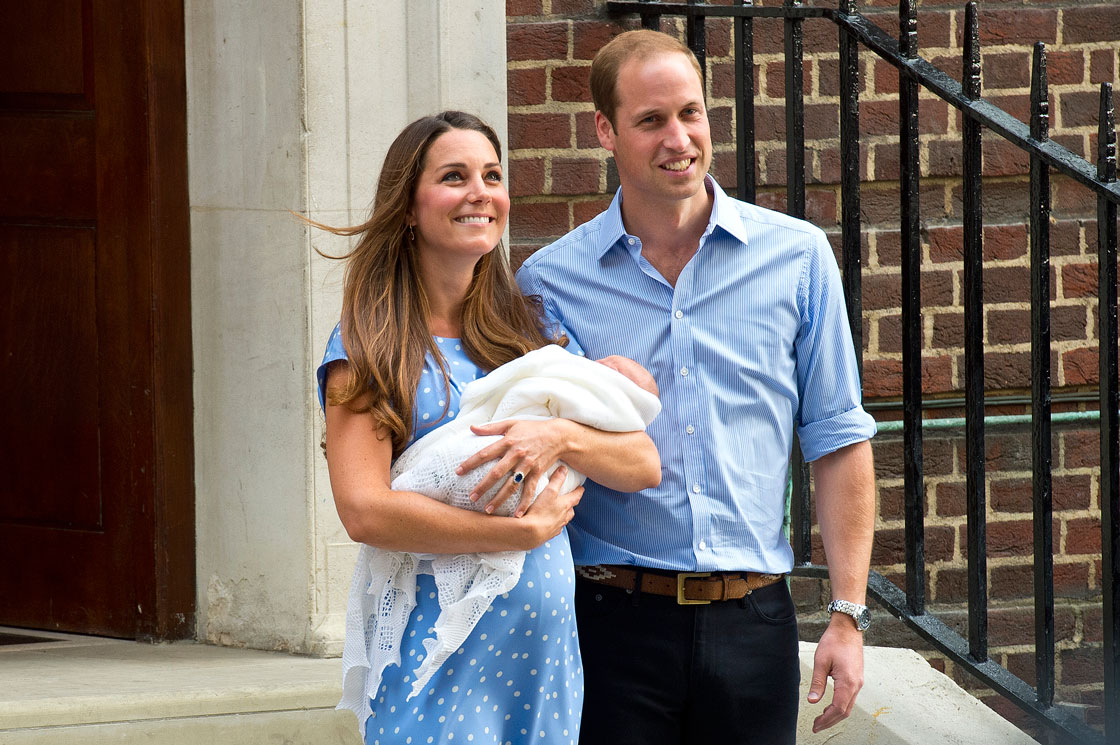While a mother’s instinct may trump the capabilities of some new dads out there when preparing for the pair’s newborn, apparently just the opposite is true in one key category: saving up.

According to poll results released Friday, more men than women park money away in anticipation of the new family member’s arrival — or at least so they say.
“Men are slightly more likely than women to say they saved ahead,” Ahmad Dajani, vice-president of investments and sales at Scotiabank, said.
Scotia’s poll, which was conducted with about 1,000 people between July 18-21 showed 55 per cent of dads said they had saved money to help with the additional expenses a newborn brings while 45 per cent of women said they had.
The Scotia survey said Canadians across the country on average peg the all-in cost of buying items like strollers, cribs, car seats and all the rest of the baby’s immediate at just under $5,000.
A big reason perhaps why more men say they save ahead—they believe it will cost more than their wives or partners do. “Men expect the cost to be about $5,350 while women ballpark it at $4,600,” the bank survey release said.
Some tips from Scotia for both soon-to-be parents to consider when budgeting for a baby:
- Posters promoting ‘Steal From Loblaws Day’ are circulating. How did we get here?
- Canadian food banks are on the brink: ‘This is not a sustainable situation’
- Is home ownership only for the rich now? 80% say yes in new poll
- Investing tax refunds is low priority for Canadians amid high cost of living: poll
• Create a budget. List out what you are going to need for the first year of your child’s life – from diapers to a stroller to a car seat. Figure out what your one-time purchases are going to be versus ongoing weekly expenses.
Create a family budget listing your monthly income and expenses so you can really understand your monthly budget. Consider how your monthly budget will change after the arrival of your little one especially if you have a decrease in household income with one parent not working.
• Do a trial run of your baby budget. You are likely going to need to adjust your spending habits to save up for your baby, whether it’s switching to a less expensive cable package or cutting back on entertainment. Try living on your new budget before your child is born. A practice run will give you time to get used to your new spending habits.
• Think about their education. It’s never too early to start an education savings plan for your child. By arranging pre-authorized automatic contributions to a savings plan, you can gradually build up a fund to help your child attend a post-secondary program.
A Registered Education Savings Plan (RESP) is one way to save towards a child’s future post-secondary education. The sooner you start saving, the better position you and your child will be in down the road.
• Be thrifty. When you go into a baby store and are surrounded by strollers, cribs, and adorable little outfits and shoes, it is easy to be overwhelmed by choices and be tempted to overspend.
Before you stock up on things for your baby, talk to your friends and family to find out what you need versus what you might want. Many parents with older children are also keen to pass along their good-quality used baby items.
• Breathe and ask for help. It can be an overwhelming and exciting time as you get ready for your baby. Just like you trust your medical team to help with the birth of your child, speak to a financial advisor to help you come up with a plan to pay for this exciting new chapter in your life.




Comments